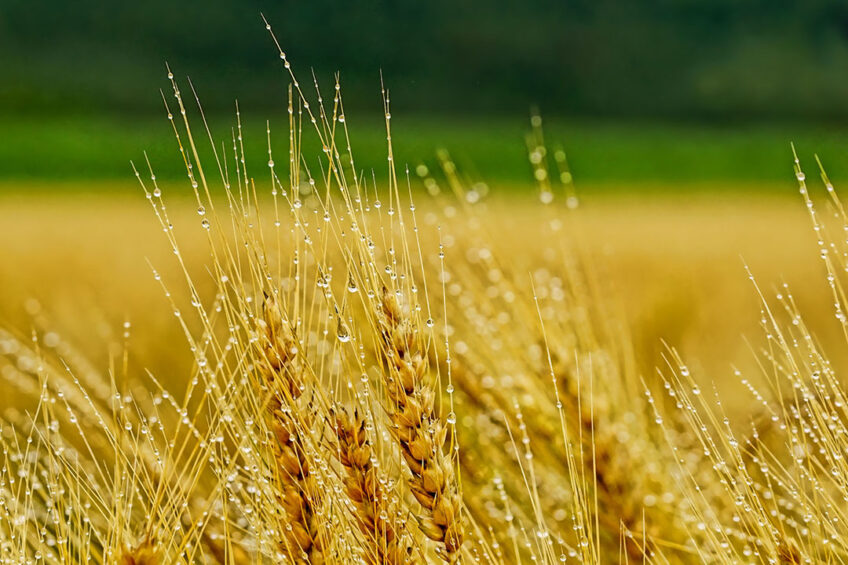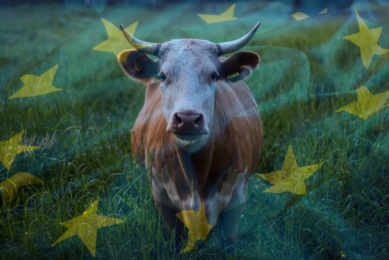French feed prices fall 10.5% in a year

French animal feed prices were on average 10.5% lower in the last quarter of 2023 compared to a year earlier.
On an index based on 2015=100, the animal feed prices stood at 148.3 at the end of 2022 and at 132.7 a year later. That also shows that prices were almost 50% higher a year ago than in 2015. For all categories of animal feed, the prices are showing a downward trend since the spring of last year.
The production of feed for dairy cattle grew less than that for other cattle. The decline of the production of pig feed has all to do with the steady decline of the French pig herd, Agreste explains. For poultry, the strongest growth is for feed for ducks because of the recovery of the sector after several years of severe outbreaks of avian influenza.
Paris Futures: Rapeseed price recovered
Feed ingredients used
The statistics also show that the French are using less wheat and barley and more maize for animal feed production.
In the last quarter of 2023, just under 1.09 million tonnes of wheat went into feed production while a year earlier that figure stood at 1.12 million tonnes, a decline of 2.8%.
Barley came at 254,000 tonnes at the end of last year compared to 309.000 tonnes a year earlier, a decline of 17.8%.
On the other hand, in the last 3 months of 2023 712,000 tonnes of maize was used compared to 591,000 tonnes in Q4 of 2022, an increase of 20.5%, in line with the 13.3% higher maize harvest last summer.
The use of sun flower cake was even up by some 75% to 330,000 tonnes, reflecting the higher production of that crop in the last few years. Last year, the harvest of sun flowers was over 2.1 million tonnes, the highest level since the 1990’s and more than a third higher than the 5-year average.
Feed ingredient supply challenges
In the coming months, the availability of wheat and barley might become a problem because of the particularly low planted areas for winter crops. The area of planted soft wheat this winter has been estimated at 4.36 million hectares, 7.7% lower than in the previous season and the lowest area in 30 years time. Barley has been seeded at 1.3 million hectares, 6.6% lower y-o-y. French farmers, like their colleagues in a lot of European countries, have had serious difficulties with sowing over the last months because of the persistent rain and other weather problems. Many parcels had to be ploughed over and re-seeded while other farmers had to postpone seeding because their fields were flooded.











